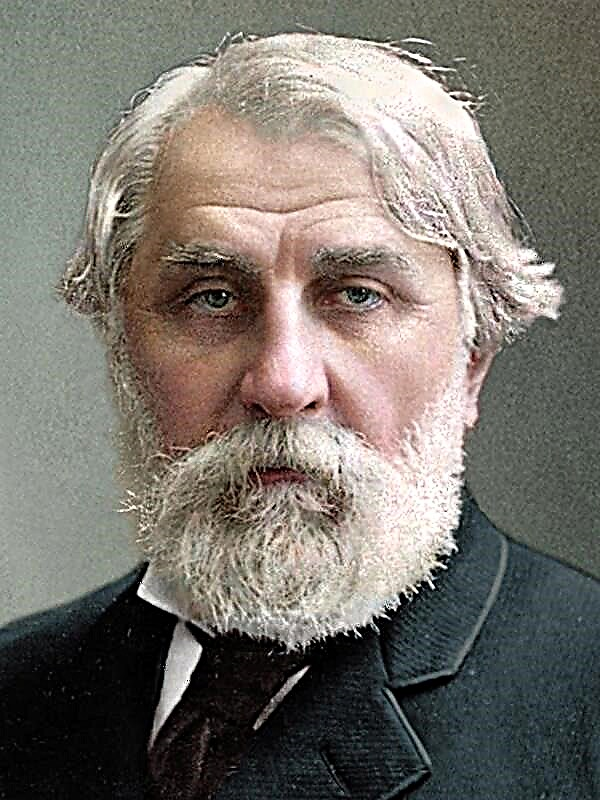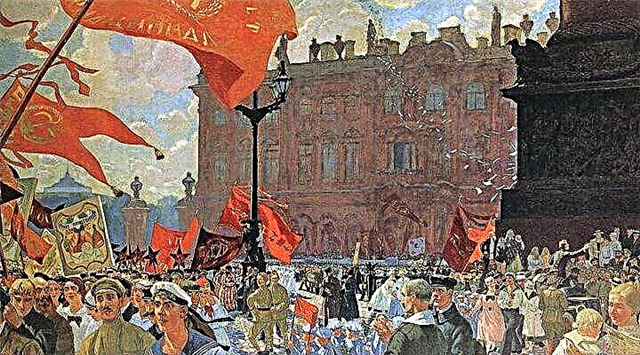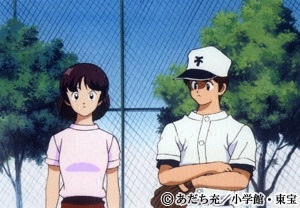June 25, 1925. The narrator sailed on an English boat to Hong Kong. On the map, this island resembles a cork in the delta of the Pearl River, along the banks of which the gray spot of Canton has spread. China is in the grip of a revolution: grandiose demonstrations are being prepared in Beijing and Shanghai, volunteers are massively recorded in the southern provinces, in all cities the British hastily take refuge in foreign concessions, the Cantonese army received a large amount of ammunition and food from Russia. Just posted a radiogram: A general strike has been declared in Canton.
June 29. Stop in Saigon. The narrator learns the latest news from Canton. People are full of enthusiasm: they are intoxicated by the very consciousness that England can be successfully fought. The fight is led by the Kuomintang created by Sun Yat-sen and the envoys of the International - mostly Russians. Chief among them is Borodin. The commissariat of propaganda is led by Garin. He succeeded in awakening in the Chinese people the previously completely alien individualism. They turned into fanatics because they felt they were the creators of their own lives - you need to see these ragged rice pickers when they practice rifle techniques surrounded by a respectful crowd. Borodin and Garin perfectly complement each other. The first acts with the inexorable determination of the Bolshevik, and the second perceives the revolution as a kind of cleansing action. In a certain sense, Garina can be called an adventurer, but he brings great benefits: it was thanks to his efforts that the cadet school in Vamloa was propagandized. However, the internal situation is alarming. The most influential person in Canton is Chen Dai, who is called Chinese Gandhi. Apparently, he is going to openly speak out against Garin and Borodin, accusing of aiding terror. Indeed, the leader of the terrorists Gon allows himself too much - he kills even those who support the Kuomintang with money. This boy grew up in poverty - hence his fierce hatred of all the rich.
5'th of July. Hong Kong declared a general strike. The main street of the city is silent and deserted. Chinese merchants watch the narrator with a heavy, hating gaze. Meeting with a delegate from the Kuomintang. The bad news is that the Cantonese government is still hesitating. Police and trade unions are behind Borodin and Garin, while Chen Dal has nothing but authority - in a country like China, this is a huge force. Garin is trying to break the decree to close the Cantonese port for all the ships that made a stop in Hong Kong.
The narrator travels to Canton with Klein, one of the employees of the propaganda commissariat. While the fatally tired German is napping, the narrator looks through the memorandum of the Hong Kong security service dedicated to his friend Pierre Garen, known here as Garin. Some of the information is accurate, others are wrong, but they all make the narrator recall the past. Pierre was born in 1894. The son of a Swiss and a Russian Jewess. Fluent in German, French, Russian and English. He graduated from the Faculty of Philology, where he made only a book worship of great personalities. He revolved in the circle of anarchists, although he deeply despised them for their desire to find some kind of "truth." Due to ridiculous bravado, he was involved in a case of illegal abortion: he was sentenced to six months probation - in the courtroom he experienced a humiliating sense of powerlessness and became even stronger in the thought of the absurdity of social structure. In Zurich, he made friends with the Russian emigre revolutionaries, but did not take them seriously - it is easy to imagine his despair in 1917, when he realized that he had missed his chance. He arrived in Canton a year later - and by no means in the direction of the International. A call was sent to him by one of his friends. Saying goodbye to the narrator in Marseille, Pierre said that he has only one goal - to achieve power in any form. In the government of Sun Yat-sen, the propaganda commissar eked out a miserable existence, but with the advent of Garin he turned into a powerful weapon of the revolution. Funds were obtained through illegal extortion from opium dealers, owners of gambling and brothels. Garin’s main task now is to enact a decree that will destroy Hong Kong. The last lines of the memorandum are underlined in red pencil: Garin is seriously ill - he will soon have to leave the tropics. The narrator does not believe this.
Canton. The long-awaited meeting with a friend. Pierre’s view is completely ill, but he is reluctant to talk about his health: yes, the local climate kills him, but leaving now is unthinkable - first you need to break the ridge of Hong Kong. All Garin’s thoughts are occupied by Chen Give. This kind old man has an obsession, almost mania - he worships justice as a deity, and considers it his duty to protect it. Unfortunately, Chen Dai is an untouchable figure. His life has already become a legend, and the Chinese need to be treated with respect. There is only one hope - Chen Dai hates Gon.
Events are moving fast. The narrator is present during the conversation of Chen Dai and Garin. The old man dismisses all arguments about revolutionary necessity: he does not want to see his compatriots turned into guinea pigs - China is too great a country to be an arena for experimentation.
The troops invaded by the British, General Tan. Garin and Klein instantly collect the unemployed for the construction of barricades. The commander of the cadet school Chiang Kai-shek succeeds in taking the Tang soldiers to flight. The fatty Nikolaev, a former employee of the tsarist secret police, is engaged in prisoners.
Another murder of a Chinese banker, a Kuomintang supporter. Chen Dai demands the arrest of Gon. Garin is also alarmed by the arbitrariness of the terrorists - it would be much better to create a Check, but for now it will have to take a while. At night, Garin becomes ill, and he is taken to the hospital. The Canton government appoints Borodin as head of the ground forces and aviation directorate - henceforth the whole army is in the hands of the International.
The news of the death of Chen Dai - the old man died from a stab in the chest. Nobody believes in suicide. The propaganda commissariat urgently prepares posters - they proclaim that the revered Chen Dai fell victim to the British imperialists. Garin is preparing a speech that he is about to make at the funeral. Borodin orders to liquidate Gon, who fulfilled his mission. Terrorists in response captured and killed four people - including Klein. Garina shakes at the sight of corpses. The hostages were tortured - you can’t even close their eyes, because the eyelids are cut off with a razor.
August 18th. Garin is on the verge of an important decision. He had a quarrel with Borodin - as the narrator believes, over the execution of Gon. Pierre too late discovered that communism was a form of Freemasonry: in the name of party discipline, Borodin would sacrifice any of his supporters. In fact, he doesn’t need capable people — he prefers obedient ones, Nikolaev confidentially tells the narrator that Garin should have left — and not only because of his illness. His time has passed. Borodin is right: in communism there is no place for those who strive first and foremost to be themselves. The narrator is not sure of this: the Communists make a mistake by discarding the revolutionary conquerors who gave them China.
Before leaving, Garin discovers that two agents of the propaganda commissariat with potassium cyanide were detained near the military well. Nikolaev is in no hurry to interrogate them - it seems that the death of ten thousand people is necessary for the revolution. After shooting one of the arrested, Garin seeks recognition from the second - indeed, there were three scouts. Soon the courier reports that the third agent was arrested with eight hundred grams of cyanide. Water in the well will not be poisoned. Like seven years ago, the narrator says goodbye to a friend. Both know the opinion of Dr. Mirov: Garin will not even get to Ceylon.

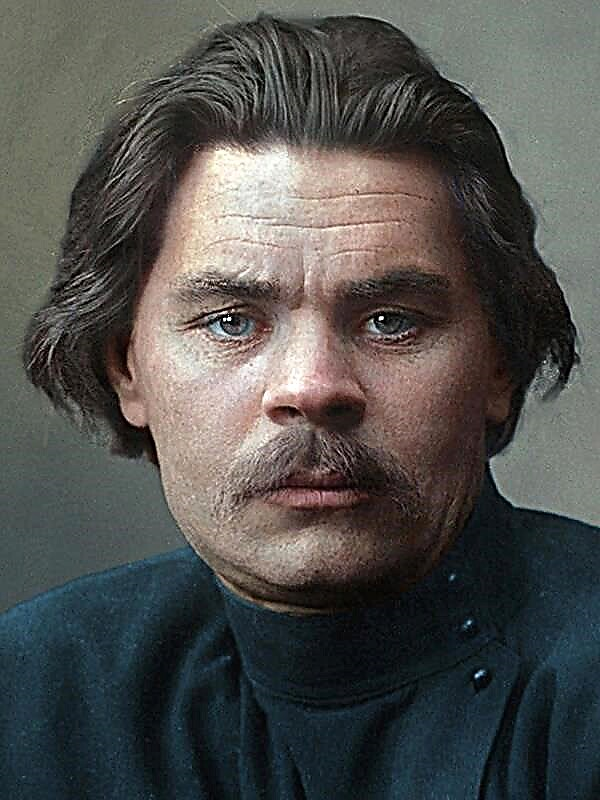
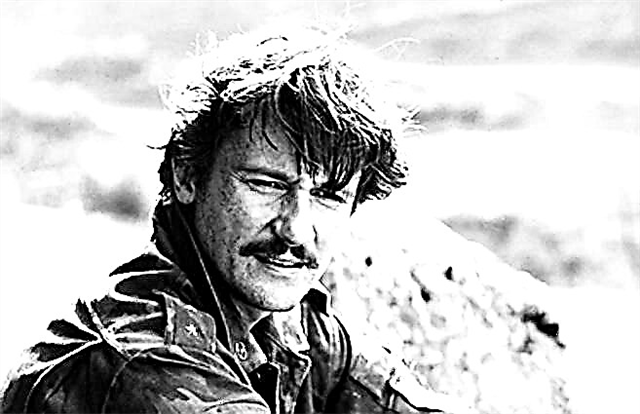
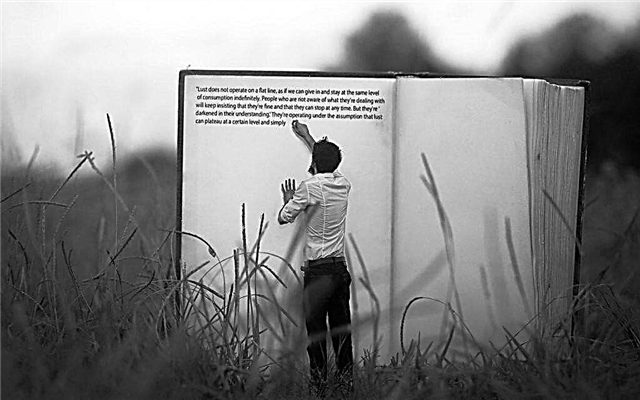
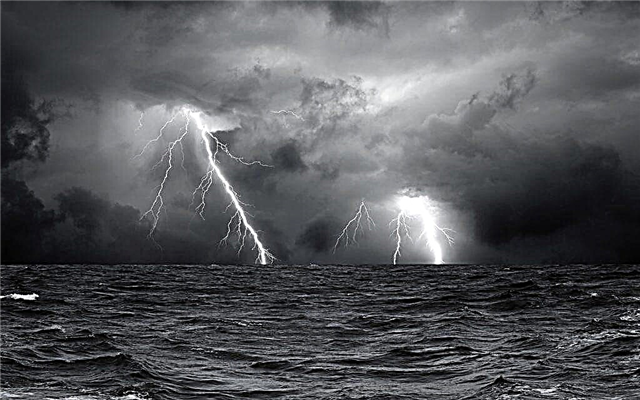
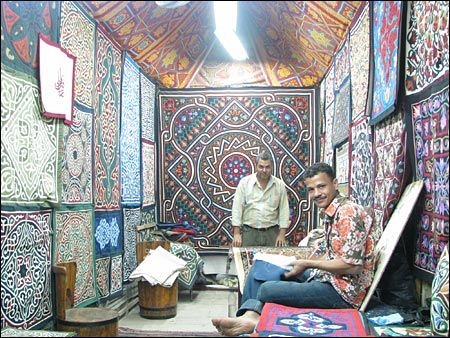
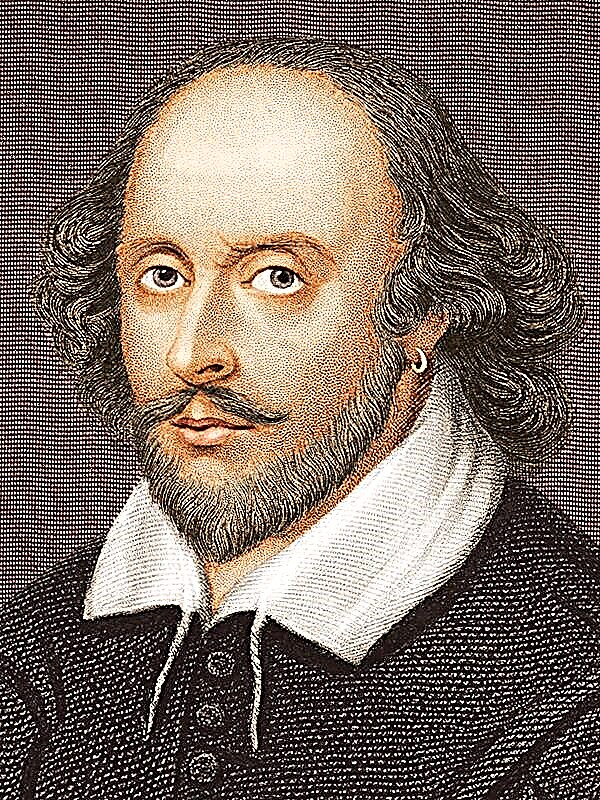 twelfth Night
twelfth Night

